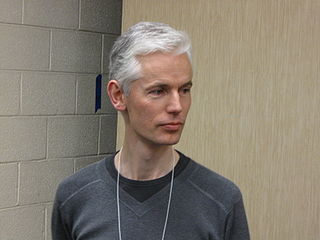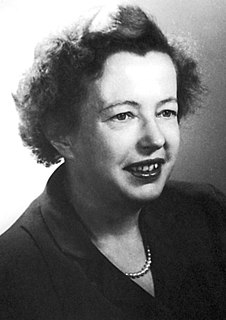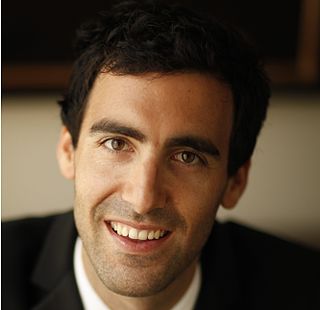A Quote by Timothy Gowers
Although the prime numbers are rigidly determined, they somehow feel like experimental data.
Quote Topics
Related Quotes
My study is NOT as a climatologist, but from a completely different perspective in
which I am an expert … For decades, as a professional experimental test engineer, I have analyzed experimental data and watched others massage and present data. I became a cynic; My conclusion - 'if someone is aggressively selling a technical product who's merits are dependent on complex experimental data, he is likely lying'. That is true whether the product is an airplane or a Carbon Credit.
I'm not really worried about my numbers now as a 36-year-old. I'm not trying to be the first, experimental case of a 36-year-older trying to maintain his numbers, especially when I'm on a team like this. Can I do the same stuff I could do when I was Amare's age? Of course not. I'm not going to even try. However, I feel that I'm the baddest 36-year-old out there.
The problem of distinguishing prime numbers from composite numbers and of resolving the latter into their prime factors is known to be one of the most important and useful in arithmetic. It has engaged the industry and wisdom of ancient and modern geometers to such an extent that it would be superfluous to discuss the problem at length. ... Further, the dignity of the science itself seems to require that every possible means be explored for the solution of a problem so elegant and so celebrated.





































